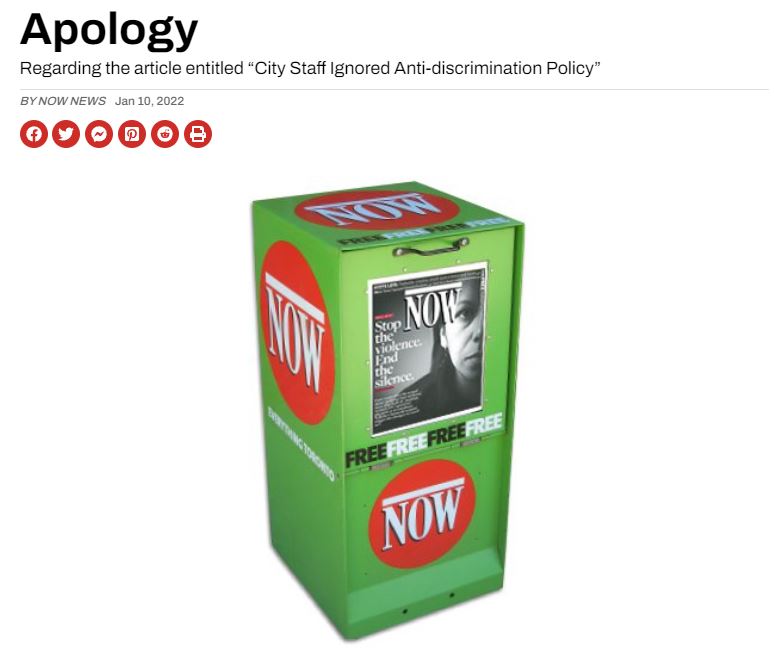National Broadcaster, CBC,
leads charge against Catholics
TORONTO – Is it time to defund the CBC?
Canada’s national broadcaster, the CBC, is under the microscope. It is losing audience market share. Its annual reports may try to camouflage the fact but the other networks and their print media allies are always quick to point out that aside, from the “Ottawa beltway” and the “urban progressives” in the country’s major cities, there is no “following” for the CBC.
Yet it benefits from federal funding that surpasses $1.2 Billion annually, not counting any other access to program financing under various government departments designed to nurture cultural/historical expressions of Canada’s multilingual, multicultural, “multi-historical’’ diversity.
Its purpose was/is supposed to help build and develop a country – even educate its citizens in the values that have preceded the present. At the very least, it could report on the economic and political dynamics that require coordination and/or circumnavigation to arrive at the compromises necessary to make our nation work.
Unsurprisingly, some events have galvanized public attention on some unhappy and deplorable events in our history – to put it mildly. They are “low hanging fruit” for tawdry journalism and ‘mickey mouse’ political discourse.
It is no secret that in the last several weeks several dozen churches (most of them Catholic) have been the targets of vandals and arsonists. Apparently, these acts of violence, intolerance and disrespect are related to ‘the discovery of unmarked graves’ where Residential Schools once operated. No one has provided proof.
Nonetheless, the violence is a teachable moment for nation-builders and an opportunity for serious journalism to engage in balanced investigation. The CBC reporting would have trouble fitting that description, if two “stories” posted on its website are any indication. Their intent would appear to be aimed at an on-going concerted effort to discredit the Catholic Church – and, by extension, its adherents.
Normally that would invite a two-way debate on facts. Ad hominem observations are instead the preferred option. The first article (Winnipeg Catholic priest accuses residential school survivors of lying about abuse for money) reflects on the infelicitous statements of a priest in Manitoba – made all the worse by selectivity – and ends it with the following invitation: Do you have information about unmarked graves, children who never came home or residential school staff and operations? Email your tips to CBC’s new Indigenous-led team investigating residential schools: WhereAreThey@cbc.ca. The priest was removed from office posthaste.
The second, titled “Millions meant for residential school survivors spent on Catholic Church lawyers, administration: documents” refers to certain “documents” at first presented as current but are in fact Court documents presented to the Court in 2015. Before Judge Neill Gabrielson approved an Agreement outlining commitments by the Catholic Church to the Indigenous community.
The CBC called on a former judge of the Saskatchewan Provincial Court judge and director of the University of British Columbia’s Indian Residential School History and Dialogue Centre in Vancouver. She reviewed the documents at CBC’s request. There is no readily available record of her views in 2015, but [today] she is quoted as saying: “This is unbelievably, absolutely gross. It’s completely wrong… How could anyone do something like this.”
Where was she in 2015 when her [former] colleague provided his seal of approval? Is it fair to ask whether she provide her review pro bono?
TO READ PREVIOUS COMMENTS: https://www.corriere.ca/english-articles



